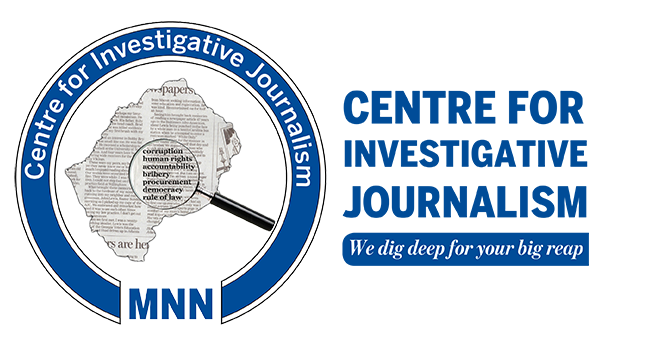Lesotho is a constitutional monarchy whose nascent democracy is characterised by a fragile enabling environment for CSOs. CSOs continue to face significant challenges, including excessive use of force by police and military during protests, restrictive legal frameworks, and limited avenues for public participation.
The 2010 Public Meetings and Procession Act and the proposed 2024 Computer Crime and Cybersecurity Bill pose major threats to freedoms of assembly, expression, and digital rights. Journalists and human rights defenders report harassment and surveillance, while CSOs face tokenistic consultation and lack real influence over governance processes. Lack of specific regulatory laws for CSOs exposes them to government overreach.
Funding is heavily dependent on foreign donors with no public financial support, undermining sustainability, particularly for organisations serving minorities. A notable positive development is the approval of a private member’s bill for Public Participation to be drafted in the National Assembly in May 2025. This initiative aims to entrench inclusive governance and strengthen the enabling environment.
Despite an overall fragile environment, online civic space remains open, and a 2023 Constitutional Court ruling improved legal safeguards by overturning a law permitting warrantless data seizures. Emergence of smaller, volunteer-driven CSOs also offers a potential shift toward resilient and community-rooted advocacy in Lesotho.
Network Member:
Centre for Investigative Journalism
